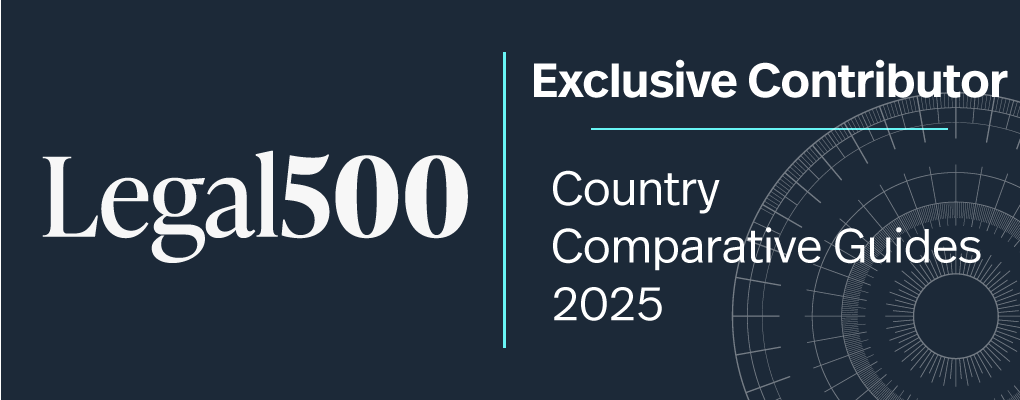

The Legal 500 Country Comparative Guides - Japan Project Finance

详情请见此处链接。(PDF)
1) What are the typical ownership structures for project companies in your jurisdiction? Does this vary based on the industry sector?
2) Are there are any corporate governance laws or accounting practices that foreign investors in a project company should be aware of?
3) If applicable, what forms of credit support from sponsors or host governments are typically provided?
4) What types of security interests are available (and suitable) for a project financing in your jurisdiction?
5) How are the above security interests perfected?
6) Please identify how security is enforced (notably the enforcement options available for secured parties) both pre and post insolvency/bankruptcy of the project company?
7) What are other important considerations in relation to the security regime in the jurisdiction that secured parties should be aware of?
8) What key project risks should lenders be aware of in project financings in your jurisdiction? This may include, but may not be limited to, the following risks: force majeure, political risk, currency convertibility risk, regulating or permitting risk, construction/completion risk, supply or feed stock risk or legal and regulatory risk).
9) Are any governmental / regulatory consents required and are any financing or project documents requirement to be filed with any authority in order to be admissible in evidence in a court of law, valid or enforceable?
10) Are there are any specific foreign exchange, royalties, export restrictions, subsidies, foreign investment, that are relevant for project financings (particularly in the natural resources sectors)?
11) Please set out any specific environmental, social and governance issues that are relevant. For example, are project companies subject to certain ESG laws, reporting requirements or regulations?
12) Has any public-private partnership models or laws been enacted in the jurisdiction, and if so, are they specific to certain industry sectors?
13) Will foreign judgments, arbitration awards and contractual agreements to arbitrate be upheld?
14) Is submission to a foreign jurisdiction and waiver of immunity effective and enforceable?
15) Please identify what you consider to be (a) the key current issues for project financing in your jurisdiction; and (b) any emerging trends or topics which should be considered or focused on by project financing stakeholders.
16) Please identify in your jurisdiction what key legislation or regulations have been implemented (or will / plan to be) for projects in connection with the energy transition?
17) Please identify if there are any material tax considerations which need to be taken into account for a project financing in your jurisdiction, and if so, how such tax issues can be mitigated.
18) What types of funding structures (e.g. debt, equity or alternative financing) are typical for project financing in your jurisdiction. For example, are project bond issuances, Islamic finance and - in the context of mining deals - streams or royalties, seen as attractive (and common) options for stakeholders?
19) Please explain if there are any regional development banks or export credit agencies, and if so, what is their role in project financing in your jurisdiction and beyond.
20) Please explain if there are any important insurance law principles or considerations in connection with any project financing in your jurisdiction.
作者等:
村上 智裕
土岐 俊太
书籍名和刊登杂志:The Legal 500 Country Comparative Guides 2025
出版社等:The Legal 500
业务领域:
项目融资
发行年月日:
2025年01月14日
与村上 智裕相关的出版物情况
- 2023.04.03
- 日本海上风力发电公开竞标机制的最新动向
- 2021.04.09
- 注解金融商品交易法【修订版】(第1卷)定义・信息披露限制
- 2017.03.31
- FinTech‑Related Amendments to the Banking Act, Payment Services Act and Installment Sales Act
- 2009.04.01
- 设有担保的辛迪加贷款中平行债务条款的意义









